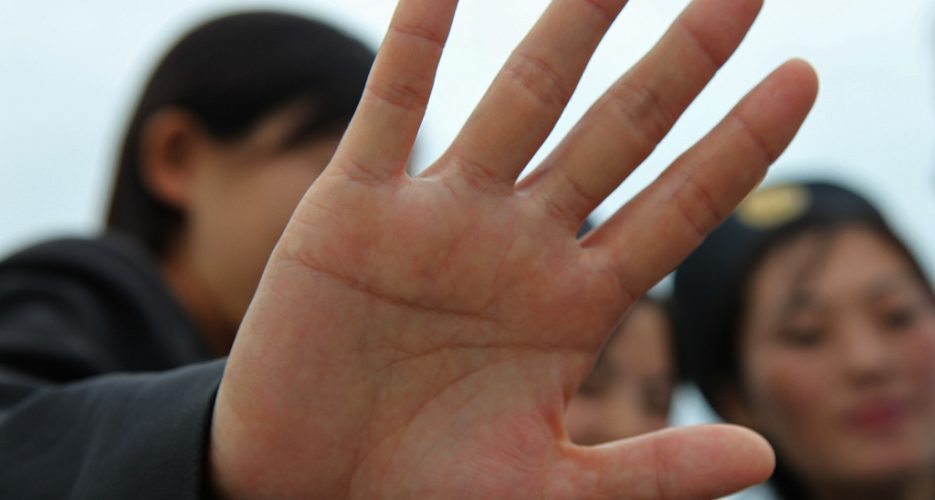Not everybody would agree, but it seems increasingly likely that Kim Jong Un and his administration (whatever that means) are executing a careful set of market-oriented reforms. These reforms bear some similarities to what the Chinese leadership did in the 1970s, though they are significantly less radical in many regards.
Starting from 2012, the government began to switch North Korean agriculture to a household responsibility system. This switch, heralded by the “28th June Measures” of 2012, appears to have been completed as of this time, and has produced some quite encouraging results. In 2013, North Korean agriculture produced the best harvest in some 25 years, while in 2014 the harvest was even better – in spite of a serious drought that produced panicky reports in the media.
Not everybody would agree, but it seems increasingly likely that Kim Jong Un and his administration (whatever that means) are executing a careful set of market-oriented reforms. These reforms bear some similarities to what the Chinese leadership did in the 1970s, though they are significantly less radical in many regards.
Starting from 2012, the government began to switch North Korean agriculture to a household responsibility system. This switch, heralded by the “28th June Measures” of 2012, appears to have been completed as of this time, and has produced some quite encouraging results. In 2013, North Korean agriculture produced the best harvest in some 25 years, while in 2014 the harvest was even better – in spite of a serious drought that produced panicky reports in the media.
Become a member for less
than $5.75 per week.
Unlimited access to all of NK News: reporting, investigations, analysis
The NK News Daily Update, an email newsletter to keep you in the loop
Searchable archive of all content, photo galleries, special columns
Contact NK News reporters with tips or requests for reporting
Get unlimited access to all NK News content, including original reporting, investigations, and analyses by our team of DPRK experts.
Subscribe now
All major cards accepted. No commitments – you can cancel any time.












